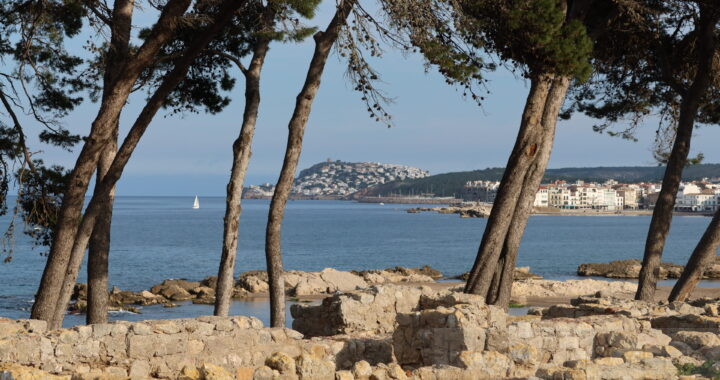- Ampuries, also known as Ampurias, is a Greek and Roman Archeological Site which was uncovered in 1908 CE, and has been excavated in stages ever since.
- It is located on the coast, 42 miles (67km) northeast of Gerona in the Autonomous Community of Catalonia in Northeastern Spain.
History
- It was founded by the Greeks in c.550 BCE, close to a local city called Indike, and remained an independent Greek city state until the Great Roman Civil War (49-45 BCE), when it became a Roman Colonia called Emporiae.
- After this it became subordinate to Tarragona and was in the Province of Hispania Tarraconensis.
Greek City ‘Neapolis’
- Agora with ruins of various public buildings
- Temple of Artemis
- Temple of Asclepius
- Temple of Zeus-Serapis
- Houses with mosaics and wall paintings
- Necropolis
Roman Site
- Only 20% of the Roman Municipium has been excavated.
- The Roman town abuts to the west of the Greek city of Neapolis and its Ruins include:
- Forum
- Temple
- Basilica
- Curia
- Houses with Mosaics and Paintings
- Roman Wall
- Amphitheatre
- Palaestra (wrestling school)
On Site Museum
- Archeology Museum of Catalonia
- The Museum has five branches, with one located inside the Ruins of Ampuries.
- A 7 foot (2.15m) high marble Statue, thought to be of Asclepius, the Greek God of Healing, stands in a dedicated room in the museum. It was created in the 2nd century BCE by an unknown sculptor.
- It is considered to be the most important work of art from Ancient Greece in the Western Mediterranean.
Roman Roads
- Via Augusta (nearby)
Empuries

